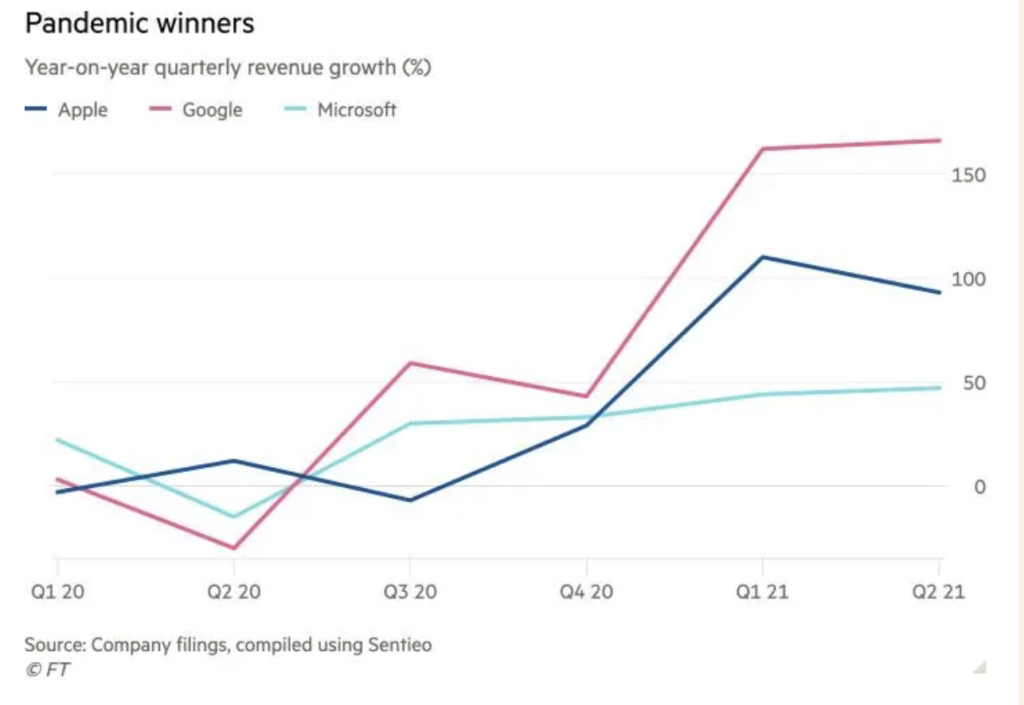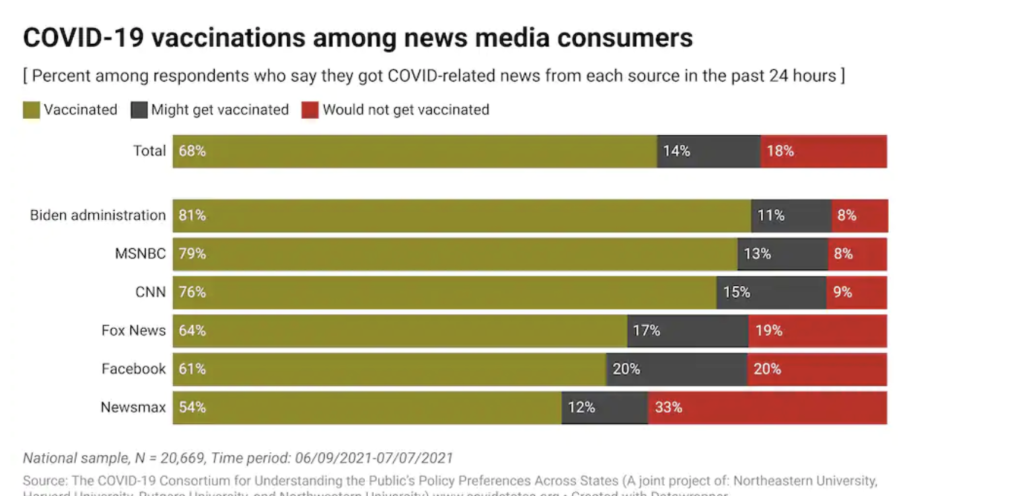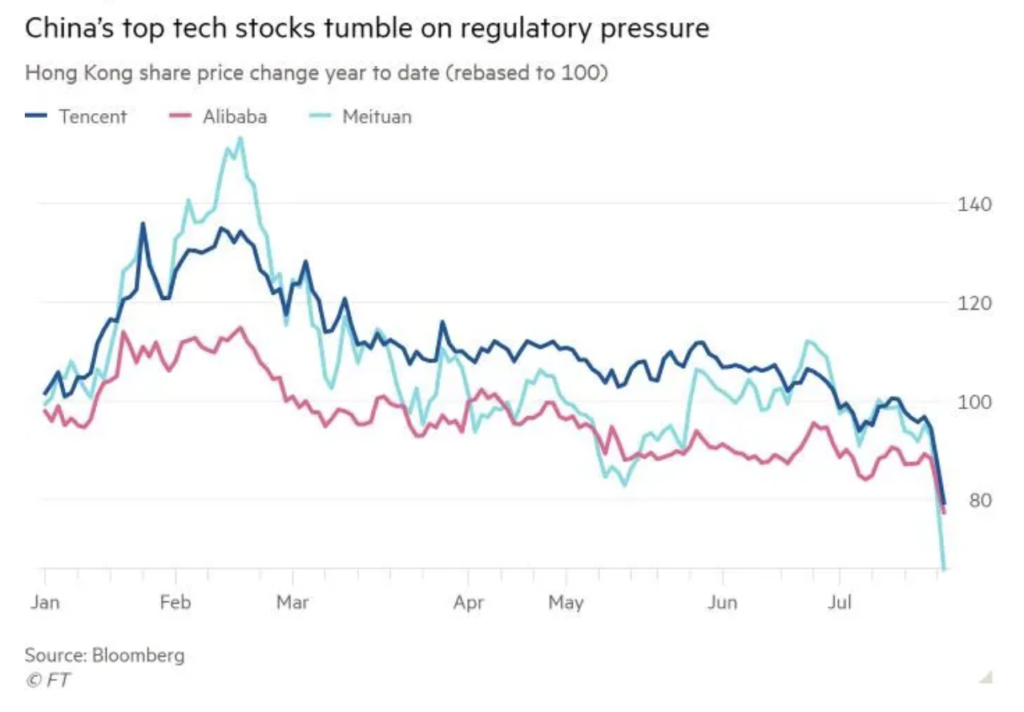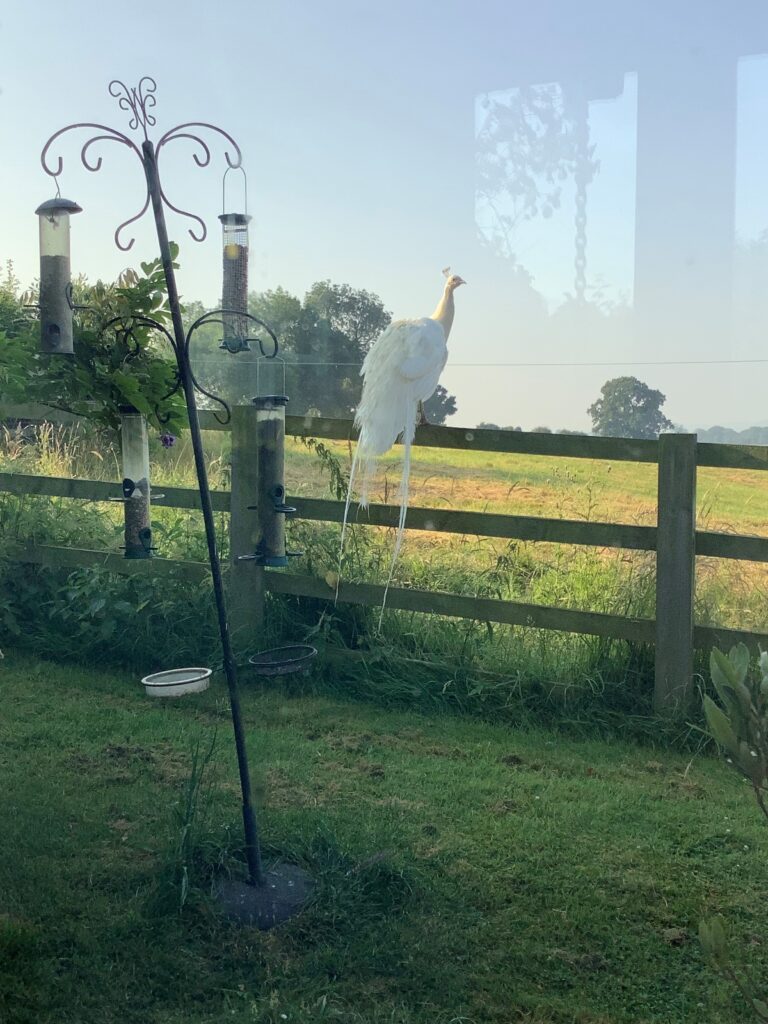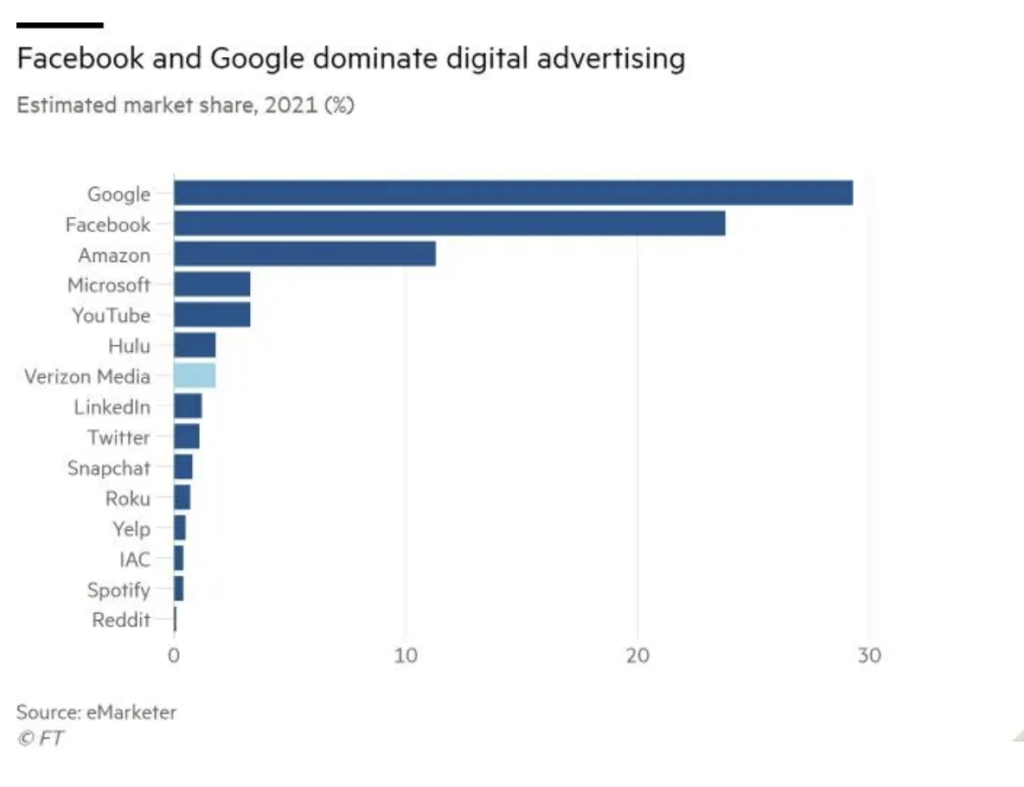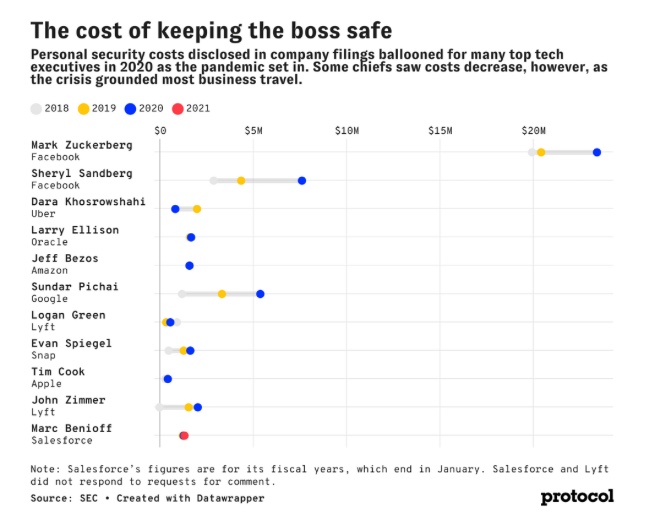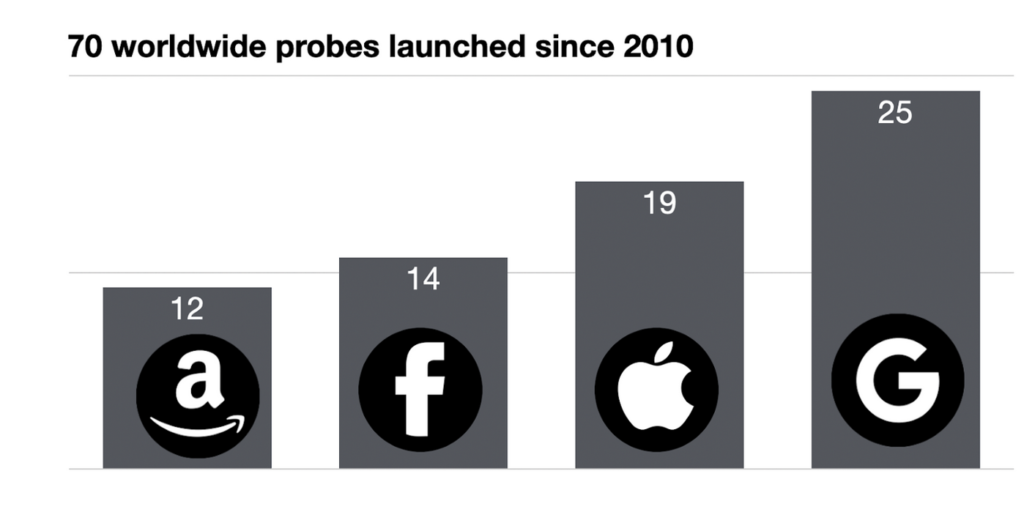Quote of the Day
“People’s personalities are not interesting except when you are in love with them”
She always came over as a cold fish. But according to her biographers she also seems to have been herself foolish in love.
I’m currently reading one of her earliest novels The Last September.
Musical alternative to the morning’s radio news
Eric Clapton, Luciano Pavarotti, East London Gospel Choir | Holy Mother (Live)
Link
Note the difference between Clapton’s and Pavarotti’s sartorial styles.
Long Read of the Day
I just learned I only have months to live. This is what I want to say
By Jack Thomas, writing in the Boston Globe.
Long Read, not just of the Day, or even the Year, but perhaps of a lifetime.
Don’t miss it.
Thanks to Helen Lewis (Whom God Preserve) for spotting it.
That Cummings interview…
Some thoughts…
-
Most people only watched the hour-long ‘interrogation’ by Laura Kuenssberg. But the BBC also published (on BBC Sounds) five podcast versions containing stuff that hadn’t made it into the final cut. These, enigmatically titled episodes covered:
- The Covid Crisis (36 minutes)
- Brexit (28 minutes)
- The ‘Balance of Power’ (28 minutes)
- ‘Covid confidential’ – Part 1 (31 minutes)
- ‘Covid confidential’ – Part 2 (32 minutes)
-
Thanks to all the readers who had watched the original interview and had interesting things to say about it.
-
Nick Wray pointed me to Mic Wright’s terrific analysis of the interview as ‘kayfabe’ — i.e. the term used in professional wrestling to describe presenting staged performances as genuine or authentic contests. This clearly irritated Cummings (see later).
It began with Kuenssberg presenting a kind of ersatz toughness, a plastic Paxmanism, designed to show that this was not just a cosy chat between a journalist and her former best source or a political operator using a hack as the channel for his own angles.
It was laughable when Kuenssberg began by saying, “Mr Cummings, you’ve never spoken like this before…” given that it was and is an open secret that he was often her “senior Number 10 source” during his time in government. This was the pretence of distance, the first example of the tactical ignorance that she would go on to show throughout the interview.
When Cummings recounted with a slight smile the Boris Johnson said it would be “ludicrous for him to be Prime Minister”, Kuenssberg did her best Joe Pesci in Goodfellas act:
’Why’s it funny? Why’s it funny to you that you helped put someone into power who in your own view — and you’re telling us today, in his view — that it’s ludicrous for him to be in the job?
This ‘tough’ line would have perhaps been mildly convincing if the BBC had not cut away with unseemly haste when Cummings told the parliamentary select committee that Kuenssberg had been his main conduit for leaks within No. 10:
The main person I really spoke to in the whole of 2020 was Laura Kuenssberg at the BBC…
The moment those words left his mouth, the corporation’s coverage on BBC Two came to an end with the rest of his Cummings’ words muted for viewers on that channel. They had to leap over to the BBC News Channel to continue watching.
-
As a former TV critic this ‘kayfabe’ portrayal of the interview struck me as insightful. TV is essentially a performative medium. It’s also a very low bandwidth channel that’s generally incapable of carrying sophisticated or nuanced conversations — which is why, for example, every issue, no matter how complex, has just two sides. The interview gave both Kuennsberg and Cummings platforms for doing their stuff, which they duly did.
-
A Dutch friend, commenting on my comparison between the problems of ‘managing’ Trump and ‘managing’ Johnson, wrote:
Whereas the WH-internal opposition to Trump (e.g. from high-rank military, cf ) was cheered by serious journalists and commentators, Cummings’ confession that they had been discussing how to get rid of the incompetent and therefore (in pandemic times) dangerous Johnson evoked quite some moral outrage with Laura Kuenssberg (“you, an UNelected official tried to have our elected PM replaced????” – or words to that effect).
Clearly, Cummings is a technocrat (or an ‘epistocrat’), not a democrat. He’s not a very nice person either. He’s arrogant, a hypocrite and he over-estimates his own judgements (esp. on being able to sort out who is competent and who’s not), etc. etc. But doesn’t that hold true for at least half of the UK political class? Cummings’ idea that there is something seriously wrong with the way the UK is governed should be considered seriously, though, even when his certainty that he himself has found the solution to all problems is clearly ridiculous.
Let us start with Vote Leave’s campaign for the UK to depart from the European Union. No powerful case for leaving the EU was made in the interview on 20 July. Instead, Cummings sounded lukewarm about it (“Is Brexit a good idea? No one on earth knows… what the answer to that is”).
His central argument for Brexit has always been about democratic accountability, but presumably even he would have found it hard to make that argument in the same interview in which he revealed that he and a small network of his friends plotted to remove a Prime Minister who had obtained a parliamentary majority days earlier.
- All of this prompted me to look back at things I’d previously written about Cummings. Here’s for example, is an extract from an Observer piece I wrote about him two years ago. “Cummings’s heroes”, I wrote
include the mathematicians John von Neumann and Tim Gowers; the political scientist and expert on forecasting, Philip Tetlock; Robert Taylor, the Pentagon official who funded the Arpanet and later founded the computer science lab at the Palo Alto Research Center; Alan Kay, the computer scientist; the quantum physicist Michael Nielsen; and a number of other visionaries of various stripes.
The other thing one notices about Cummings is that he’s the purest of technocrats. He admires people who relish big challenges, to which they bring formidable analytical talents, mathematical insight, engineering nous and project management skills. For him, the Manhattan Project, creating the internet and the Apollo programme are inspirational examples of how smart determination delivers world-changing results.
The only problem with this – which Cummings appears not to notice – is that these technocratic dreams were realised entirely outside the realm of democratic politics. The lazy, venal, ignorant, self-aggrandising, compromising politicos whom he despises are nowhere to be seen. And the colossal resources needed to realise those dreams came from the bottomless well of wartime or cold war military funding. Chancellors’ autumn statements are nowhere to be seen.
This is why technocrats often suffer from “dictator envy”: it’s so much easier to get things done if politics doesn’t get in the way.
-
As someone who was interested in Cummings long before he became famous (I always found his blog interesting, partly because he’s an autodidact like me, but mostly because he was reading — and was interested in — stuff that interested me). But after he eventually become famous with Brexit I discovered that he evokes really strong emotions in people, such that it’s difficult or impossible to have a detached conversation with people about him. (David Cameron described him as a “career psychopath”) It’s as if a strange kind of force-field surrounds him that prevents people from judging him detachedly. I know lots of people who detested the rather fine feature film in which Benedict Cumberbatch played Cummings brilliantly. They saw it as a documentary that was glorifying someone they regard as a monster.
-
Since returning to ‘private’ life, Cummings has adopted a new business model — turning his blog into a profitable venture. He uses Substack for this (as indeed I do), but Cummings’s reserves all his inside knowledge and innermost thoughts for paying subscribers. I don’t know how many customers he has, but I’d guess in runs into the thousands. At £10 a month, that looks like a tidy income. You can subscribe to it for free, but all you get are ‘teasers’ hinting at the juicy titbits that lie behind the subscription paywall.
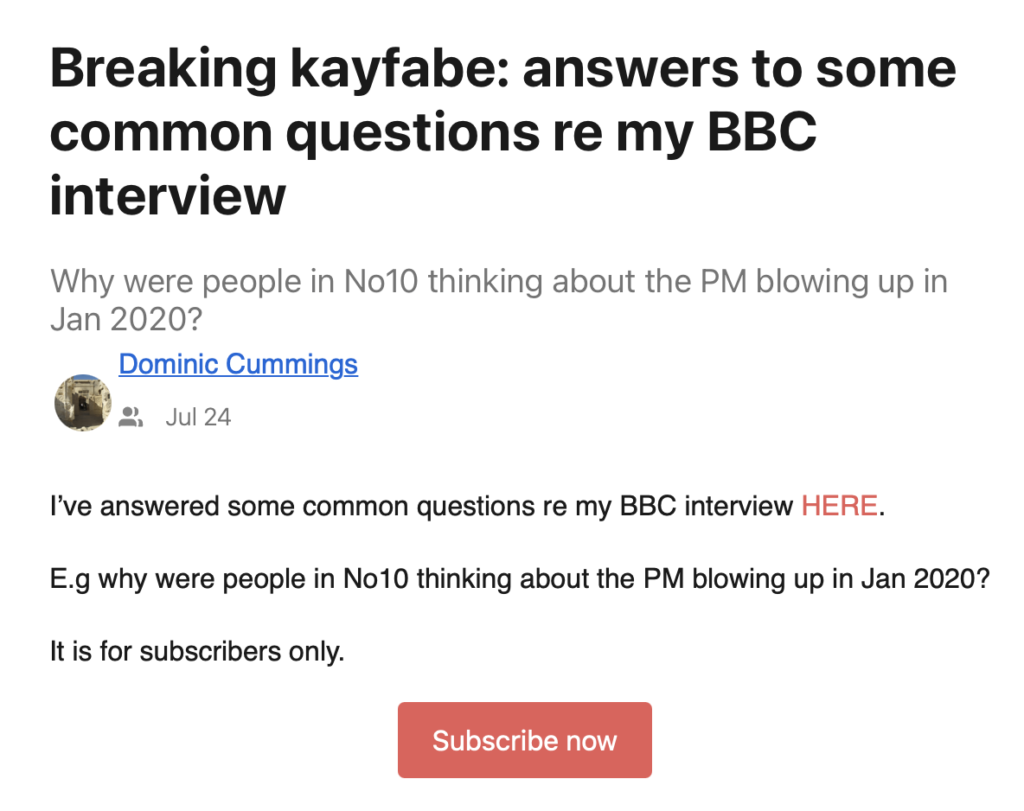
Tech solutionism and the climate crisis
Yesterday’s Observer column:
So Jeff Bezos made it safely back to the universe that most of us lesser mortals inhabit. He graciously thanked his Amazon employees and customers (that’s you and me, folks) who made the realisation of his childhood Star Trek dreams possible. “I want to thank every Amazon employee and every Amazon customer because you guys paid for this,” he said. “Seriously, for every Amazon customer out there and every employee thank you from the bottom of my heart very much. It’s very appreciated.”
Aw, shucks. Thanks, Jeff. In a post-flight press conference he declared that the venture had reinforced his commitment to tackling the climate crisis and using his project as a stepping stone towards colonising space for the benefit of Earth. “We’re going to build a road to space,” he said, “so our kids, and their kids, can build the future. This is not about escaping Earth … this is the only good planet in the solar system and we have to take care of it. When you go to space and see how fragile it is you want to take care of it even more.”
Now I know that, as Oscar Wilde famously observed, consistency is the last refuge of the unimaginative, but can we unpack this rhetoric a bit? Is this the same Jeff Bezos, for example, who founded (and, until recently, ran) a company that – according to some reports – threatened to fire employees who were speaking out about the company’s role in the climate crisis?
Do read the whole thing.
Chart of the Day
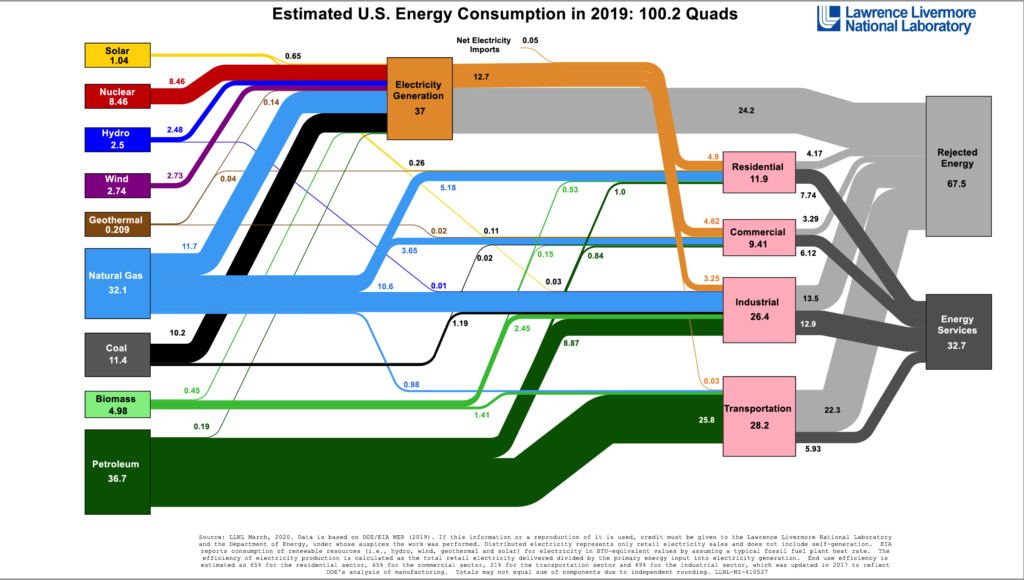
Commentary:
In both technical usage and popular discussion, energy flows and CO2 or carbon emissions per unit of time are quantified with a bewildering array of numbers. Livermore’s estimates are expressed in units of quadrillion British thermal units or quads of energy per year. US 2019 annual primary power use was 100.2 quads. In international standard (SI) units, the implied rate of power consumption was 3.38 terawatts, on the low side in comparison to other US estimates.
The SAM in Table 1 shows that the total value-added in 2019 was $21.4 trillion. Probably around 10% ($2 trillion) was supported by primary energy, mostly fossil fuels as shown in the Livermore diagram. One quad per year of primary energy roughly generates $20 billion of value-added (one terawatt supports $592 billion). Total US carbon (not CO2) emissions in 2019 were 1.39 billion tonnes. GDP per unit of emissions was $15.4 million, and energy value-added per tonne was $1.54 million. The ratio of one billion tonnes of carbon emission in response to one trillion dollars of value-added was 0.065.
In Livermore’s usage, two-thirds of primary energy is “rejected” in line with the first and second laws of thermodynamics (“wasted” might be a better word). The energy put to use amounts to 32.7 quads or $754 billion of value-added. Residential and transport services, mostly used for consumption by households, absorb 13.7 quads or $274 billion. The remaining unwasted energy value-added of $480 billion is used for electricity generation, commercial services, and industry. The value of rejected energy is split between $800 billion from production and $500 billion from consumption.
Source: “Carbon Pricing Isn’t Effective at Reducing CO2 Emissions” by Lance Taylor, Institute for New Economic Thinking, May 10, 2021. Link
H/T to Adam Tooze.
This blog is also available as a daily email. If you think this might suit you better, why not subscribe? One email a day, delivered to your inbox at 7am UK time. It’s free, and there’s a one-click unsubscribe if your decide that your inbox is full enough already!

